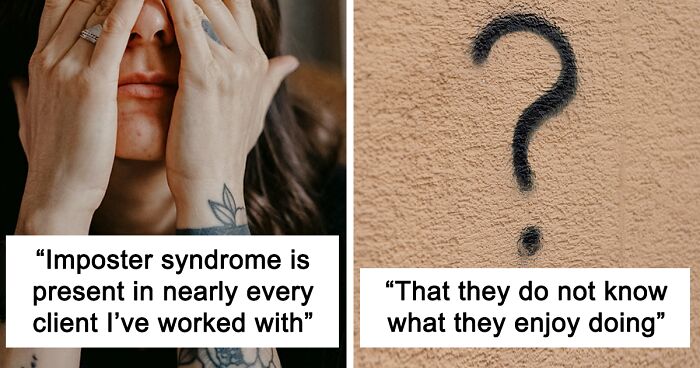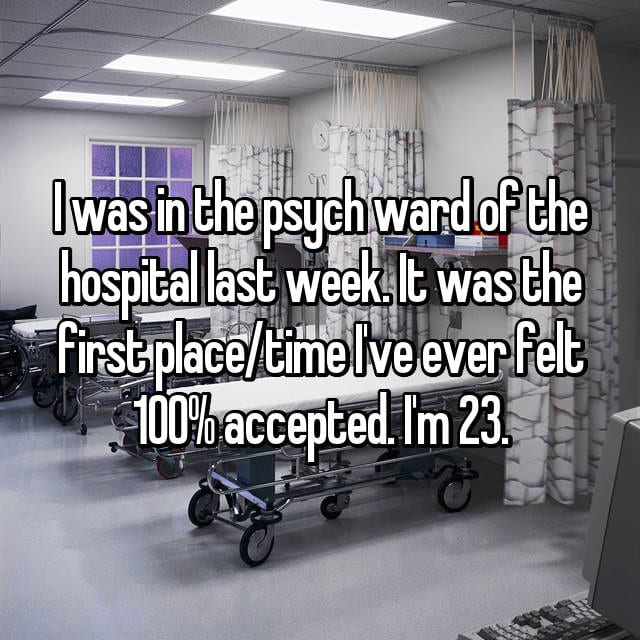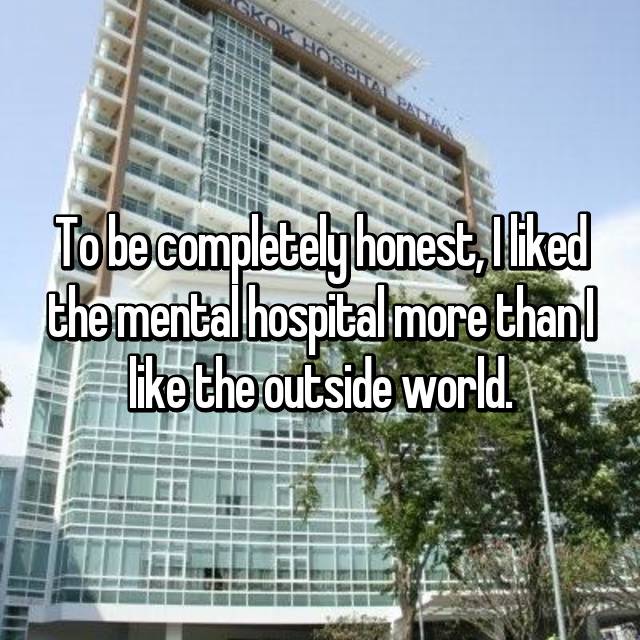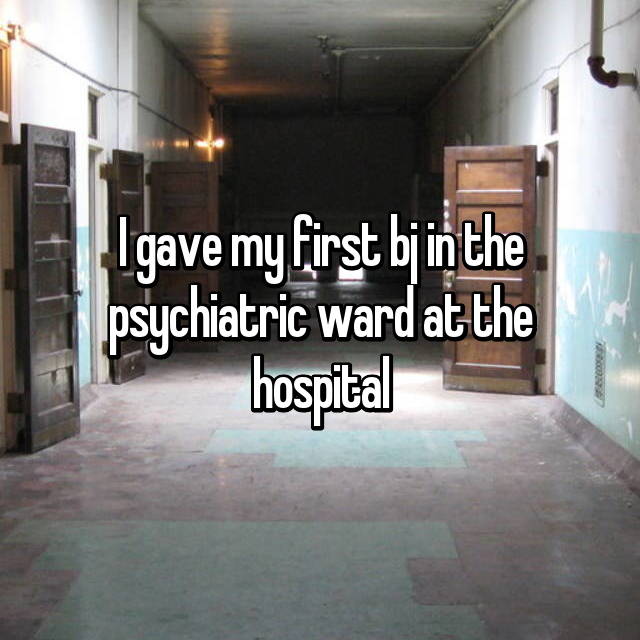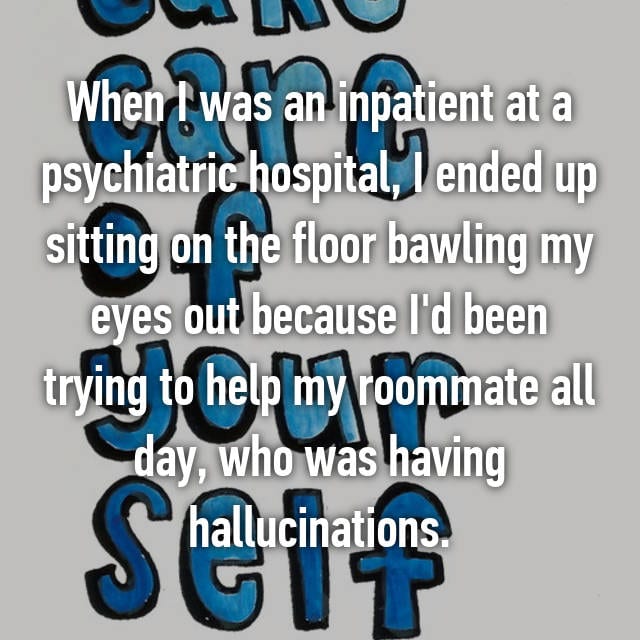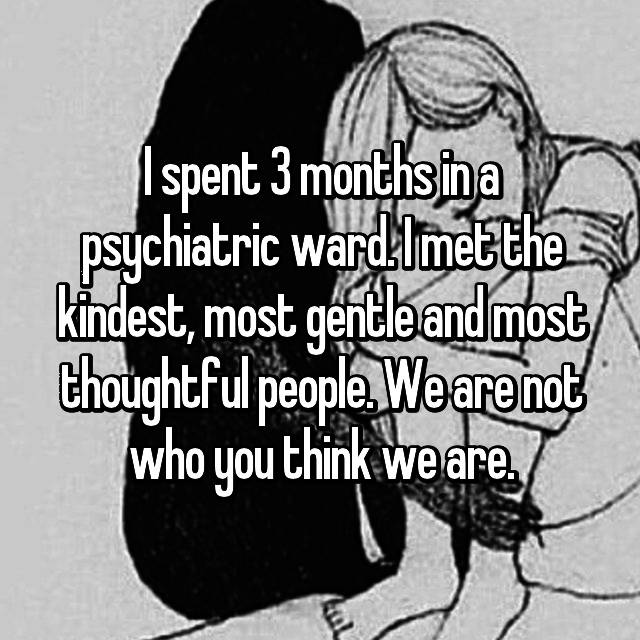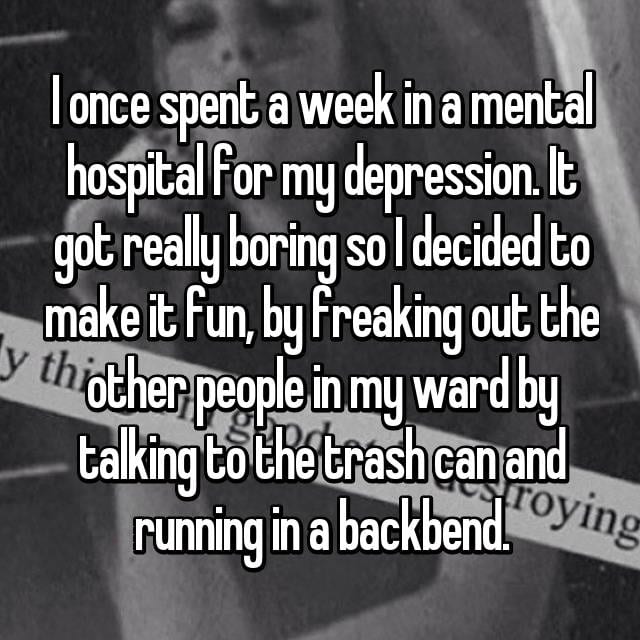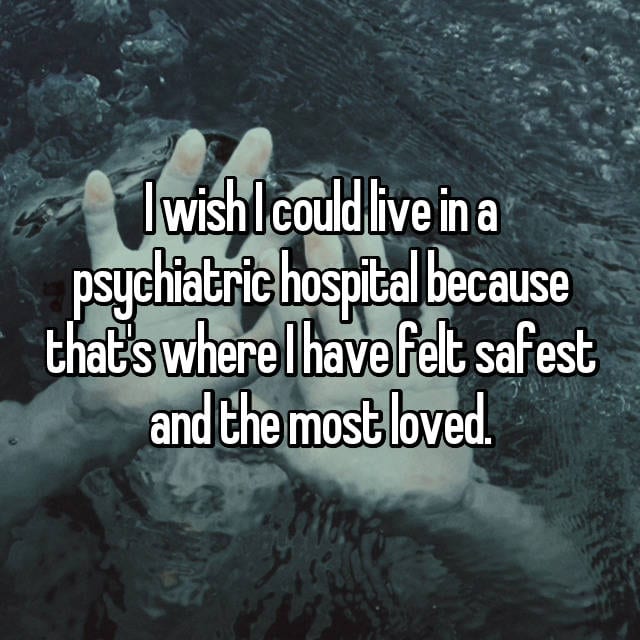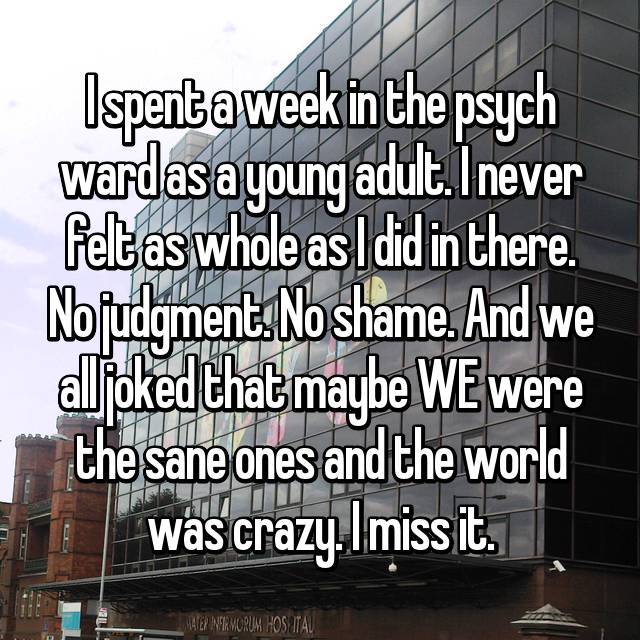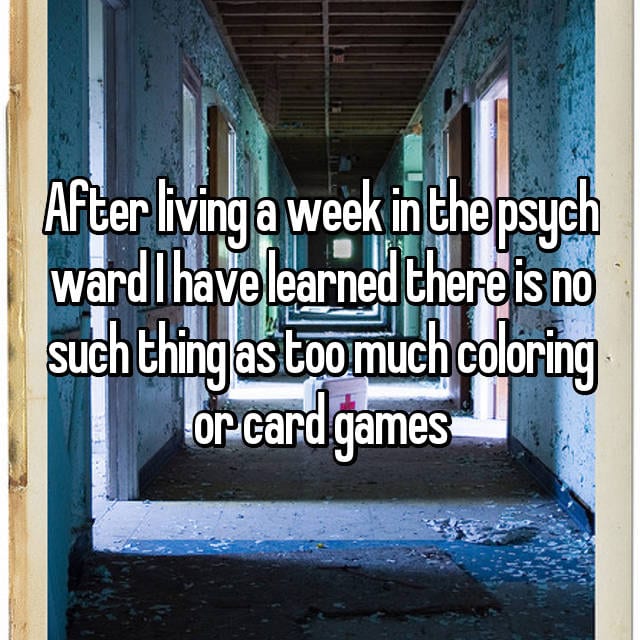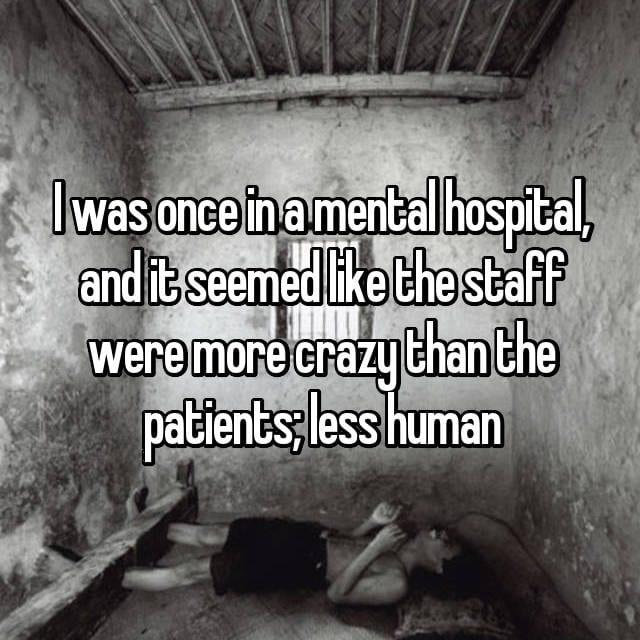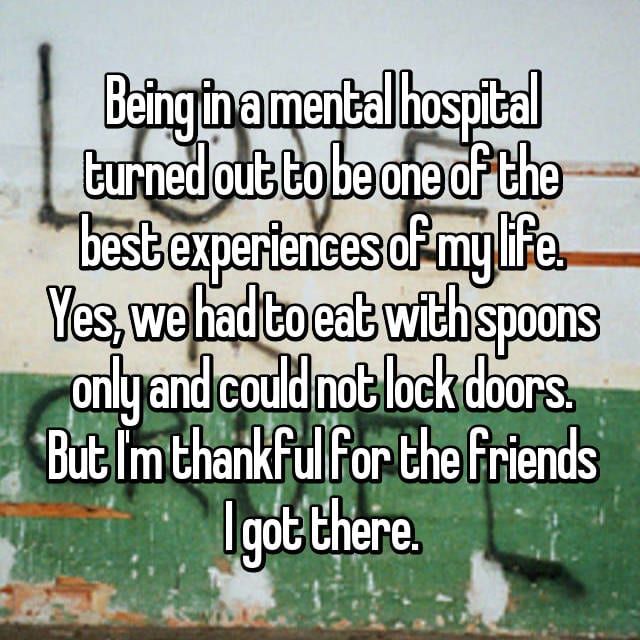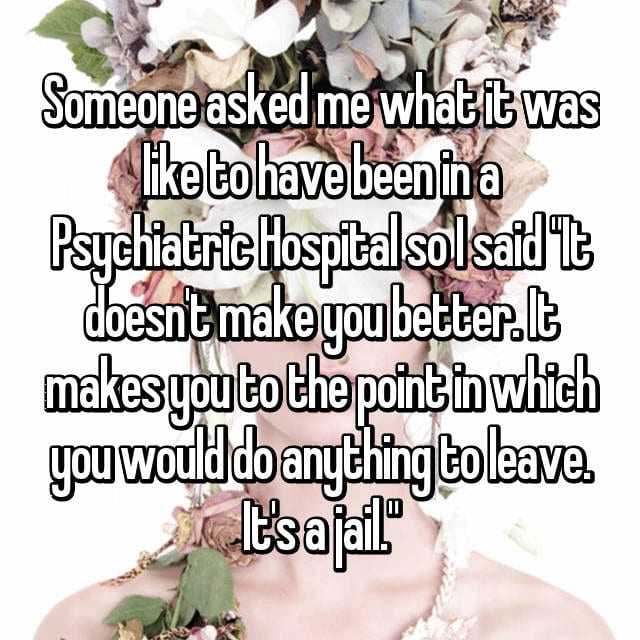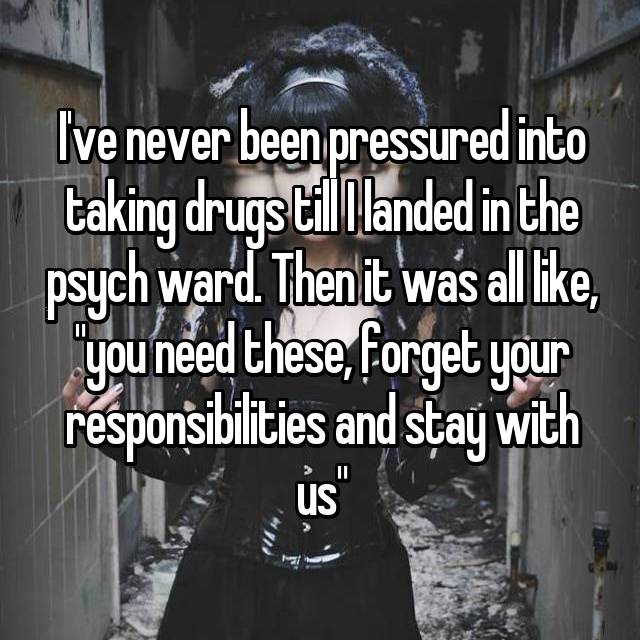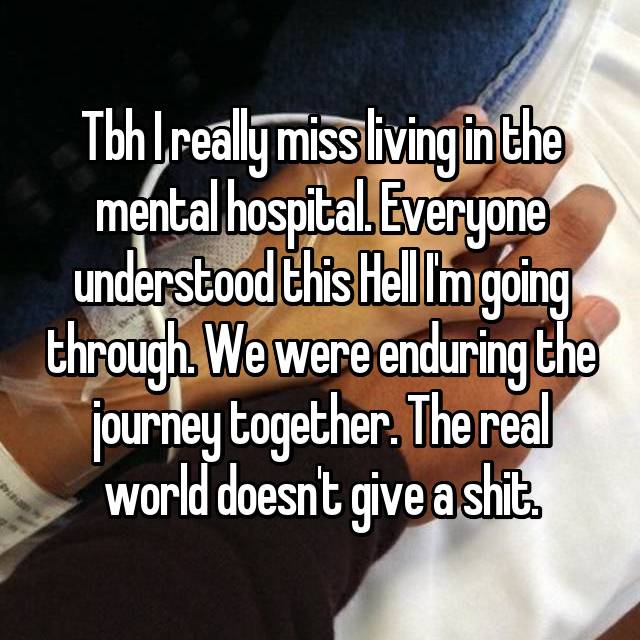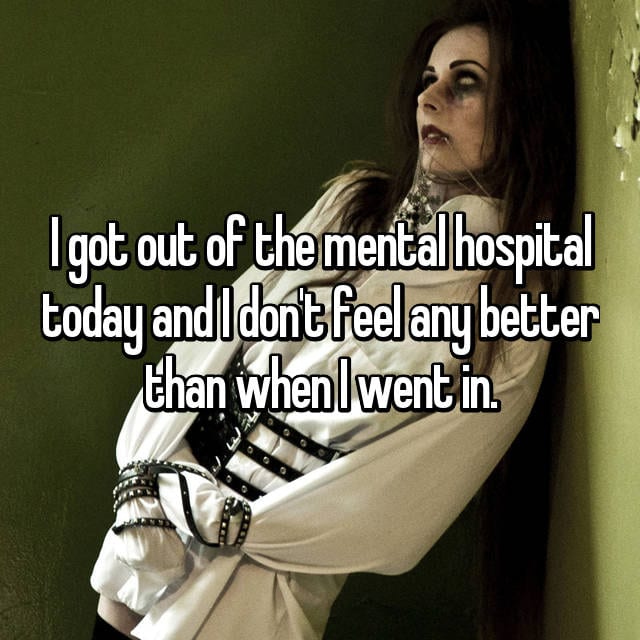Something funny that I’ve always wondered… who’s the doctor for my doctor? Does that doctor have a doctor? And what about THAT doctor?
Wouldn’t there be an imbalance of some kind eventually? Does every doctor have a doctor in some never-ending loop? This has to be one of life’s greatest mysteries, right?
Here’s another question: What do doctors talk about when they go for their own medical checkups and yearly physical exams? Do they correct each other? Argue over results?
Oh, to be a fly on the wall…
As humorous as this is, remember: Doctors are people, too! They have to go to the doctor just like the rest of us (even if they refuse to answer my question about this seemingly never-ending loop of doctors).
But there might, in fact, be an answer!
Doctors were candid about their own experiences at the well, doctor after Redditor Still-Tangerine2782 asked the online community:
“Doctors of Reddit, what’s it like when you go in for a doctor’s appointment?”
“Do you and your doctor discuss what’s wrong with you like it’s a group project? Do you not go at all because you’re your own doctor?”
“It depends on what I’m going in for.”
“It depends on what I’m going in for. As a background, I’m an oncologist so I’ve trained in internal medicine before. For most internal medicine-type stuff, I don’t bother going in unless I need something that I can’t easily get for myself (e.g. labs or images).
“For specialty stuff I wasn’t trained in, I go in and try to give them the best history I can, but let them do their own thing.” ~ alkahdia
“Fastest consultations ever.”
I don’t get involved in the management. I let the doctor seeing me lead that unless they missed something huge and I would just double-check.”
“The main difference is I can present the whole history and relevant info in about 30 seconds flat and the doctor with that info can just give me the management plan in about the same time.”
“Fastest consultations ever. Very methodical.” ~ triple_threatt
“I don’t go often but when I do…”
“Doctor here (neurologist) I’m not good at going to the doctor. I don’t go often but when I do I usually just STFU, especially if it’s a field of medicine I have no idea about (like say…derm).”
“That being said, the doctor usually knows I’m a physician as well, and so the language tends to be more technical.”
“I also find that we practice less defensively with each other since we can be more open (“We could do ABC tests but honestly what you probably have is X so take this and if it doesn’t get better then we can do ABC”).” ~ Telamir
“Academically minded people tend to ask lots of questions…”
“The pace and density of the conversations is different, I’m sure.”
“I’m an emergency physician who has, over time, treated various physicians in my community including internists, surgeons, radiation oncologists, some from my hospital and some not. Keep in mind that each specialty is quite different from the others.”
“The Rad Onc, for example, thinks and speaks differently than the Ortho Surgeon, and I felt like my treatment of each of them was really quite similar to treating a professor of engineering.”
“Academically minded people tend to ask lots of questions and research stuff while you’re out of the room, as compared to populations that request a more paternalistic bent and just want you to tell them what to do so they can get on with their day.”
“I’m careful to credit that the number of hours that went into my family physician’s training is the same as mine; simply a different topic.”
“She knows tons of stuff about management and screening for chronic disease that I don’t, and I … well I know how to intubate people, manage a bad LSD trip, or use a jar of bubbles to distinguish between kids that are scared and kids that are head injured.” ~ procast1natrix
“For the most part…”
“I’m an ER doctor, and sometimes I have other doctors as patients. For the most part, they’re pretty good patients because they can give a good description of their symptoms in a way that’s useful to me.”
“They usually ask good questions and are well equipped to have an informed discussion about their diagnosis and treatment.
“Sometimes it’s hard for me to dial back my ‘patient talk’ where I simplify medical terms for laypeople. Sometimes it’s challenging if their area of expertise is totally unrelated to the issue at hand and they don’t recognize their limited understanding.”
“The worst patients are those who have just a little medical knowledge and think they know everything. Some version of: ‘My aunt is a nurse, and she said a need a whole-body MRI for this runny nose…’”
“As far as self-diagnosing, I usually deal with my own minor medical issues. If I noticed signs of something more serious, I would go to someone else.” ~ Yeti_MD
“It’s actually a strategy I’ve adopted…”
“Doctor here (family medicine).”
“I self diagnose most things, but for my 1-year-old daughter I decided a while ago that I don’t want to do that for her. So her pediatrician doesn’t know I’m a doctor – I never told her. I want her to treat me like any other parent, and explain everything to me like I’m 5 years old.”
“I’m afraid of being too nonchalant with my daughter’s health that I’ll miss something (or the doctor assuming I know more than I really do).”
“It’s actually a strategy I’ve adopted since on myself; if I go to a doctor (say a gynecologist for a routine check-up) I sometimes just don’t say what I do so I can legitimacy ask dumb questions about things that I should really know – or so that the other doctor won’t leave out important info that they assume I know for fear of insulting me.”
“On the other hand, my regular doctors do know, such as the gynecologist who saw me through my pregnancies, and that enables more complex and nuanced discussions about health decisions, as in debating questions and giving me options that he wouldn’t necessarily do with it he patients, because he can be sure I understand the medical pros and cons well once I’m given a basic explanation.” ~ HermioneGranger8888
“It is a bit dependent…”
“Doctor here – it is a bit dependent on the field of medicine involved.”
“For example, I don’t know much about neurological issues so if I went to see a neurologist I certainly wouldn’t be chipping in.”
“For more generic conditions I have previously offered my thoughts to my doctor about what it could be. Ultimately I still go to the doctor as they can prescribe drugs/order tests for me that would be difficult/questionable for me to do myself.” ~ drbigmac69
“When we do go in…”
“Doctor here. In general, we are not good about going to the doctor. For me, it’s physicals about half as often as recommended and that time I had strep a year and a half ago that didn’t resolve with whatever antibiotics I had in my medicine cabinet.”
“When we do go in, it is like a group project. We usually hash things out together but ultimately I am going to defer to someone with more expertise than me in that area who can make an objective decision.” ~ nellyann
“I always go to someone who doesn’t know me…”
“I always go to someone who doesn’t know me, and I wouldn’t say that I’m a doctor as well. On the other hand, my significant other is a doctor too, and whenever we feel something we do discuss it like a group project in which he always refuses any treatment until his symptoms get to the very worst.” ~ eatfart420
“It can be weirdly stressful…”
“I try to act like any other patient. Medical people can very much sabotage their own care by taking shortcuts or perhaps declining to approach their own problems the way other patients do.”
“It’s a mistake. I have seen harm done that way. I don’t come in for trivial things like self-limiting infections or things that are harmless because I know that they are. But I do go see my regular doctor for problems that really bother me or for routine exams like anyone else.”
“It can be weirdly stressful to be the doctor or the patient in this kind of interaction. I’ve learned to not let it bother me when I am the doctor seeing other doctors. It can be harmful to the doctor as a patient if you let that kind of interaction get to you.”
“I try not to generate stress for other doctors who see me and know what I am. That could be detrimental to me.” ~ Zapranotho777
“I keep my mouth shut…”
“Forensic pathologist here: I keep my mouth shut and let my doctor be a doctor. I have a pulse, so I am not the expert here. Doctors that self-doctor are scary and arrogant, in my honest opinion.” ~ TheresNoIinAutopsy
Well, it’s safe to say I learned a lot.
These answers are remarkably insightful. Next time you go to the doctor, you’ll have a newfound appreciation for them and what they do.
Doctors are people just like you, with concerns about their own health. Given their experience and knowledge, it also takes a lot of humility to just let other professionals do their jobs.

